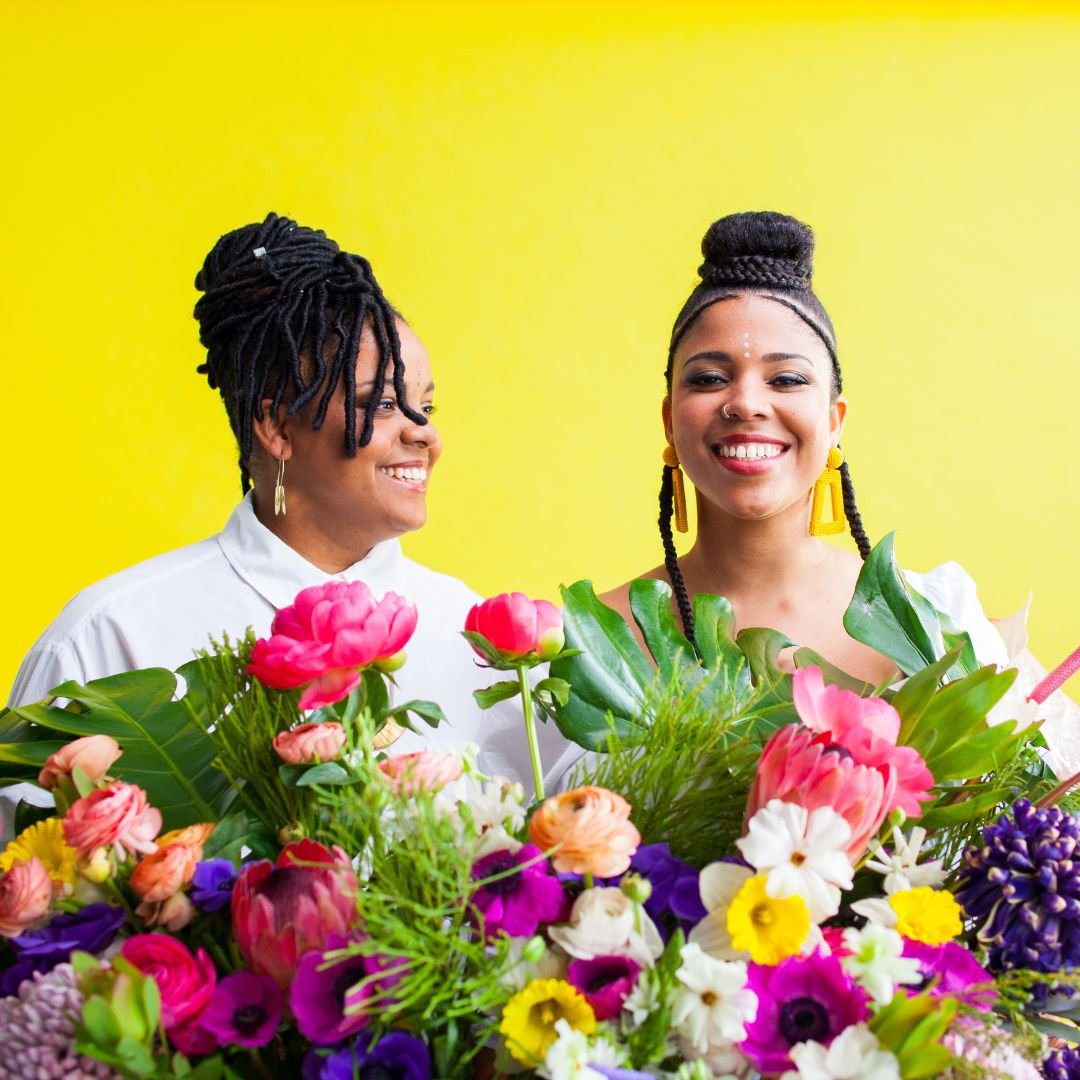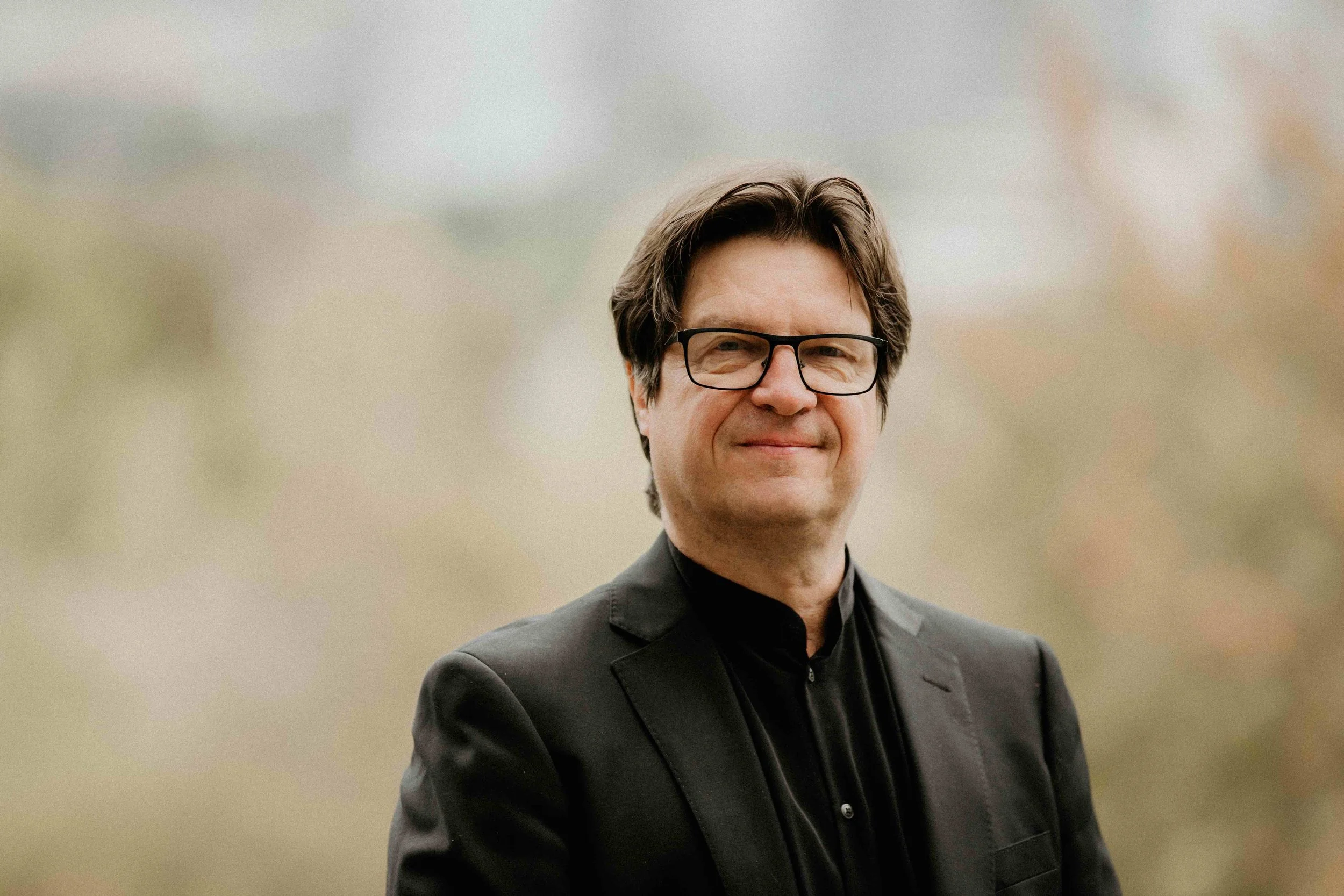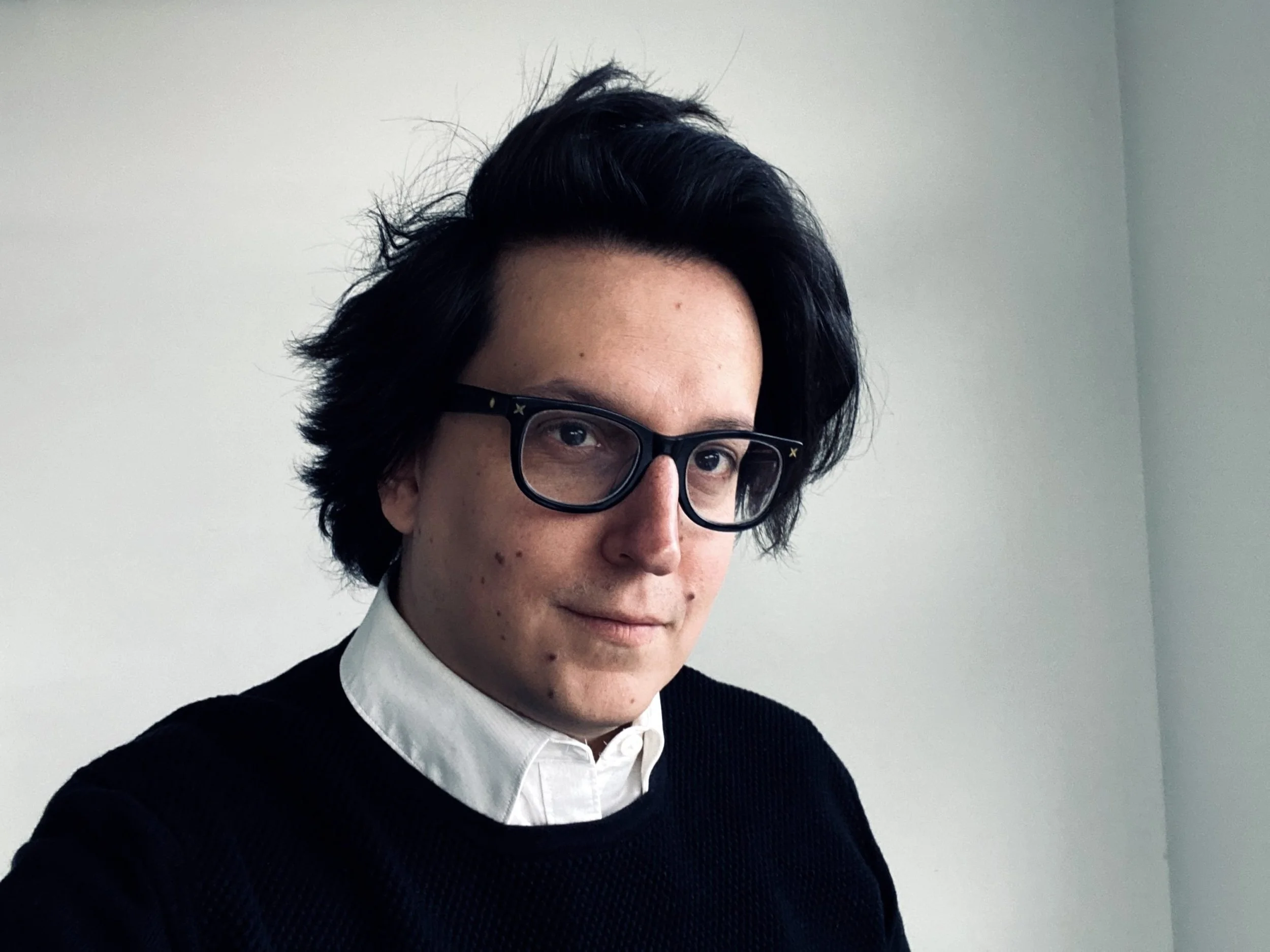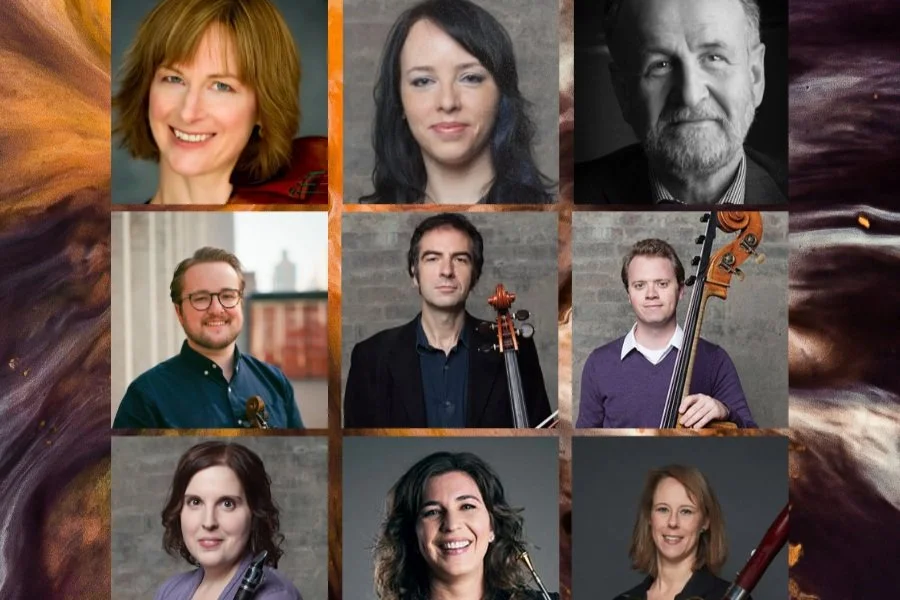OKAN blends a colourful Cuban palette of influences, and brings it home to Canada
At the Mission Folk Music Festival, percussion-strings-and-singing duo draws on a everything from Santeria to Latin and jazz
OKAN’s Elizabeth Rodriguez and Magdelys Savigne draw from both the ancient and the new.
OKAN closes the Mission Folk Music Festival on July 23. The band also gives daytime workshops on both Saturday and Sunday, July 22 and 23. OKAN also plays Brentwood Bay’s Butchart Gardens on July 20, and the Hornby Festival on Hornby Island on August 3
ELIZABETH RODRIGUEZ and Magdelys Savigne have a problem, but as problems go, it’s not a bad one to have. Despite their busy schedule, the two Cuban-born, Toronto-based musicians find that some promoters just don’t know how to market their band, OKAN.
Are they Latin, jazz, folk, funk, rock, or classical?
The answer, of course, is “all of the above”.
Driving home the point, so to speak, is that when we catch up with the two musicians they’re on the 401 between Montreal and Toronto, returning home after an enthusiastically received performance at the Festival International de Jazz de Montréal. And after a brief period of recuperation, they’ll be flying west for a round of B.C. and Alberta concerts, most notably a headlining appearance at the small but impeccably curated Mission Folk Music Festival. Not many acts can successfully bridge those particular cultural divides, but Rodriguez and Savigne do it with aplomb, in part because it is, well, just who they are.
“Basically it is about honouring every part of us,” says Rodriguez, who does most of the talking while her wife and musical partner handles the wheel. “We’re not made of one thing, right? We’re made of our parents and our society and our community—the people around you and the experiences that you have in life. All those things shape you, and that is exactly what we are doing with our music. We are allowing all of our experiences and every part of our existence to come into our music.
“If we have an idea, we just put it in,” she adds. “It’s not that we’re trying to to say ‘Oh, this one is going to have more classical influence,’ or ‘This one is going to be more African.’ It’s just the way it comes out, and that’s it.”
Granted, the two have an unusually broad palette of influences to draw from. Not only did the two grow up in Cuba’s musically vibrant culture, they both benefitted from state-sponsored musical education—Rodriguez as a violinist, Savigne as a percussionist—and count early exposure to the West African rhythms of Santeria as formative. OKAN’s incorporation of Santeria rhythms and chants is one of the most distinctive aspects of the band’s hybrid sound, grounding its music in an ancient tradition but also providing a solid base for its occasional excursions into jazz improvisation or new-music atonality.
For proof, check out “Espiral”, the title track of OKAN’s sophomore release, which won a 2021 Juno as best world-music album. Opening with an a cappella chant of obviously African origin, the track picks up speed with infectious congas and plucked violin lines that hint at Cuba’s indigenous guitar, the cuatro, before breaking into an effervescent bowed violin solo of considerable harmonic sophistication.
For Rodriguez, OKAN’s connection to Santeria is simple: both she and Savigne are believers.
“We belong to that religion,” she says. “I grew up with a family that practices that religion, and so I grew up around the music and the religious ceremonies. And all of those ceremonies have chants, but it’s just regular people singing and passing the chants from one generation to another. But then, because we both went to music school where we were classically trained, we’re using that training to bring our culture and our heritage forward and give it a little bit of a twist. We’re experimenting with the things that we heard on the street, from family and friends or at parties and ceremonies, and then bringing them into our music because they are so beautiful.
“And also we are so far away that we need another way to stay connected to our roots and our culture,” she continues. “That’s why we keep bringing it up over an over and over—it’s a link to our families, too. We can not separate ourselves from where we come from, and we cannot separate ourselves from where we’re living right now, either. Again, it’s the same thing: we’re trying to honour who we are and all the parts of our lives….That’s what we’re going to keep doing, and on our next album it’s going to be even more evident that we are a band that, of course, comes from Cuba but we have been living here a long time now. We are experimenting more and more, and having a little bit more confidence to experiment.”
“Things are different now,” Savigne interjects. “We’ve been here for 10 years now, and a lot happens to you in 10 years after you immigrate. Those things also influence your vision and your music. It’s part of who you are now; you become a new person. We are not the same people that arrived here 10 years ago from Cuba: our heads are different and our minds are open to new sounds, and that’s why the experimenting is becoming a little bit more bold. We are losing a little bit of fear, I guess. Sometimes new things scare you, but now we are more open to changes.”
Rodriguez adds that they’ve just received the final mix of the next OKAN record, and they were playing it just before picking up the phone.
“Things are sounding incredible,” she says, with an audible grin. “And we’re going all over the place. We’re honouring our ancestors again: there are more Afro-Cuban chants, but in some songs they’re at the very end and in other songs they’re at the very beginning, just a cappella. We are singing to different gods: we start with Elegua, the god that opens the path, and we are also singing for Oshun, the goddess of the river and of motherhood and fertility, and we’re singing for Yemaya, the goddess of the ocean. But we’re also honouring our classical training this time, very heavily. On one song we have as a special guest Lara St. John, the Canadian violinist. She’s our friend, and we did, like, a battle between classical violin and Cuban violin.
“This album is so much fun!” Rodriguez continues. “I can’t wait to share it with the world.”














